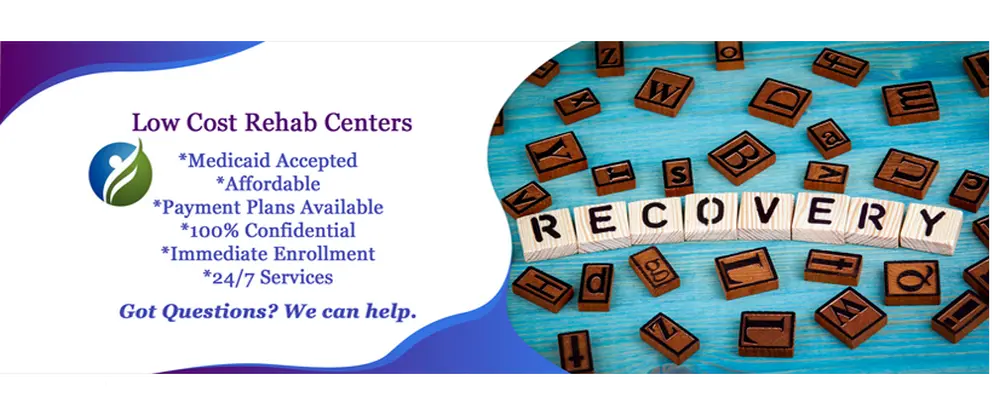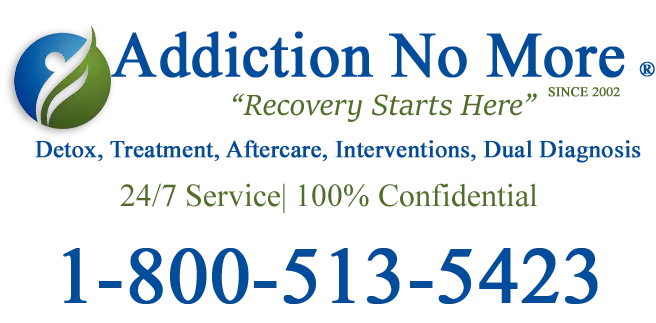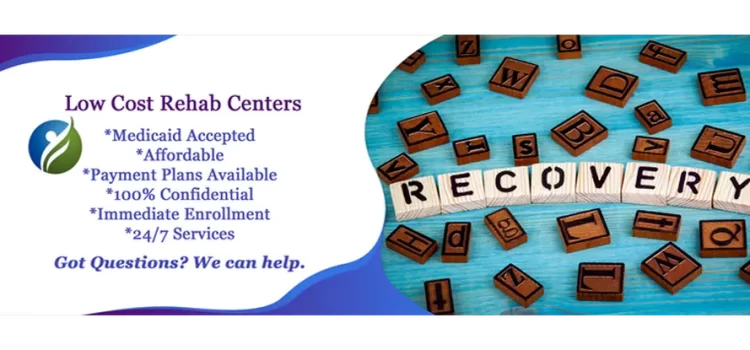Low-Cost Intervention Services
What do you do if the person does not want help?
When a loved one or friend is abusing alcohol, recreational drugs, prescriptions, or other substances, they must get help for their addiction. Sometimes the person isn’t ready to say “yes” to going to a drug rehabilitation center yet. This is where a low-cost family intervention comes in. Family interventions put the family first.The main reasons that interventions fail
*The family tries to hold the intervention on their own, without training and help.
*A member of the intervention group agrees with the addict.
*The family does not follow through with consequences.
*There is an antagonistic person at the intervention
*Someone tips off the addict to the intervention.
An affordable intervention team can help when you have a person in your life who has an addiction problem and does not want to receive help. Call us now and we can help you locate an intervention specialist that can work with your budget.
1-800-513-5423

Affordable Interventions help a loved one who is not ready to go to treatment, realize that they do need help to overcome their substance use disorder.
Affordable drug and alcohol interventions
You may find that interventionists and interventions can be quite costly if you do not shop around. Most interventionists will not guarantee that they will be able to get your loved one into treatment for their addiction. Choosing the right interventionist is very important. Pairing the interventionist with the individual who needs the intervention, does help get the desired result; which is to get your loved one into the treatment so that they can be happy and whole once again. Our family interventionist puts the family first as this is the foundation of any successful intervention.When is the best time to hold an intervention?
When we think of holding an intervention for a loved one, there is always the thought in the back of our minds that the individual in question will come to us eventually for help. But in most cases, it takes something or several somethings to go adversely wrong for them to want to change. Many addicts will get to the point where their addiction is out of control and may have already distanced themselves from the family and friends who love them. When you stop feeling loved and supported by friends and family, things start to spiral out of control. This is why it is important to act quickly and help them handle the addiction before it becomes too late.As we watch our loved ones become less and less of the person we once knew, it becomes apparent that things are not going to change on their own. It is at this point that we need to interject our influence and love on the individual to help them facilitate the change that is so greatly needed. We just can’t sit around and wait for things to change. It is our responsibility to help them decide to accept help with their addiction.
The Intervention Process
Starting with an initial consultation over the phone with one of our counselors, we will start to understand the scope and type of addiction we have to confront. We will also help you with ideas and suggestions on how to handle the addict while we get the intervention put into action. Once we have a plan and a location to hold the intervention in place, we will start to contact the rest of the family, friends, coworkers, and anyone else that the addicted person interacts with regularly. These are people who are not using drugs. We need to be careful in the selection of people to be present at the intervention so we can maintain a positive environment and a positive group. Once the loved one arrives at the designated location, they will be greeted with smiles and love. It is important to make them feel loved and be surrounded by family and friends. Introductions are made and then the interventionist will bring up the topic of the family’s concerns and tell them why we are all there and lower the anxiety of the loved one.The intervention starts with stores, good and bad. Family members express their concerns and tell the addict how things just are not the same with them anymore. The family uses the training and the tools that were learned the previous day to give the addicted person consequences if they refuse treatment. This is the best way to get the addicted person to agree that treatment is the best option. If the loved one is at the point where they are not in agreement with treatment, they will soon start to realize that all the enabling that has been facilitating their addiction will stop. One by one the family will pull things away until the person realizes that they are at their rock bottom and need help. Everyone has a bottom and at that point, we can offer solutions to their problems and get an agreement for help.
The interventionist will help you learn all the reasons the addict will use to say they cannot commit to treatment at this time. It is important to be aware of all the excuses that an addict can use to not change anything in their lives. We will address all issues that will put a roadblock in the way of your loved one accepting treatment right now. There is never a good time to enter into treatment for addiction and no one plans to have an addiction problem that they need to address. If we wait for a good time, for them to enter low-cost treatment, it may be too late.
Once the intervention is finished and the person has agreed to go to treatment for their addiction, it is important to remain supportive so the addict can stay sober and avoid relapse. While in treatment, there are opportunities for loved ones to participate in group counseling and conflict resolution. Finding a treatment center that has aftercare will help the individual remain on their program after treatment has been completed. The National Institute on Drug Abuse has done numerous studies in both inpatient and outpatient treatment and those who complete a program and continue with their aftercare for a year or more have a 90% success rate.
1-800-513-5423

1-800-513-5423
Sources
SAMHSA
Brief Interventions
Evidence-Based Psychosocial Interventions in Substance Use
Harm Reduction
National Academy of Medicine
Erik Epp – Content Author




